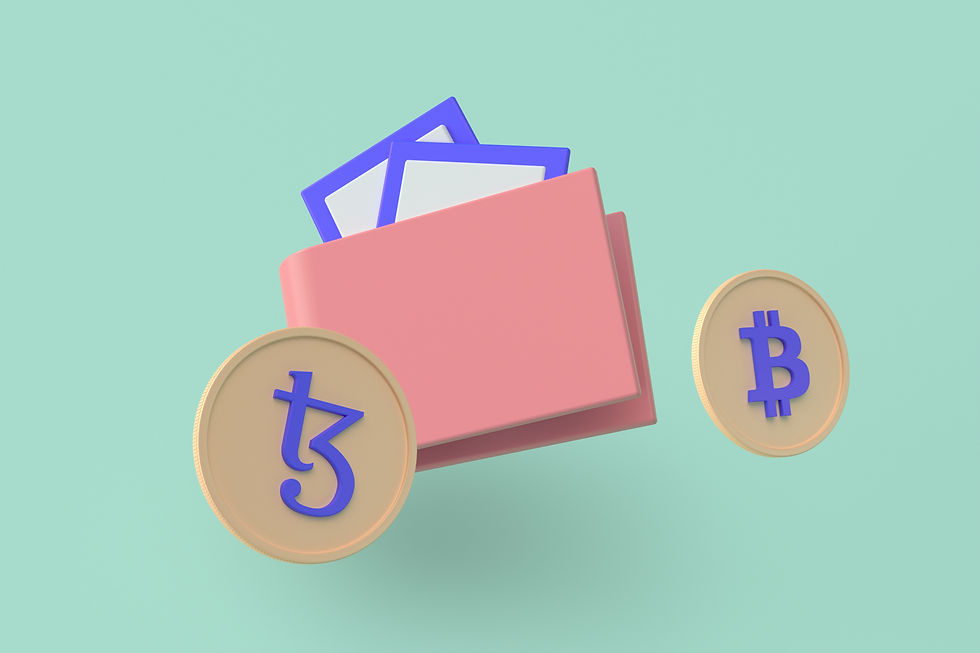The Ultimate Guide to the Pros and Cons of Blockchain
- Michael Paulyn
- Feb 3, 2022
- 3 min read
Updated: Aug 11, 2022
Blockchain is one of the most talked-about technologies of our time. The decentralized computer network used to record transactions does have some significant benefits, but there are also some drawbacks. In this blog, I look at the pros and cons of blockchain and briefly break down some reasoning behind each point.

The Pros of Blockchain
Complete Accuracy
A network only approves transactions on the blockchain of computers. This computer network can make mistakes, but there are multiple computers as a backup even if an error does happen. Without the possibility of human error and no involvement by people, there's little to no chance of any mistakes.
It's Just Cheaper
People use a bank to verify a transaction, employ a lawyer to sign legal documents, or minister to officiate a wedding. Blockchain eliminates all those middlemen, and there's no need for a third party, making things cheaper. Typically, a business owner will have to pay fees when customers use credit cards in the payment process; with Bitcoin, there's no central authority and no fees.

It's All Decentralized
Blockchain doesn't keep information in one location, and it's all decentralized. The sensitive information is copied and spread across many computers so that data is always somewhere and can't ever be lost.
Efficient Processing Times (Compared to the Banks)
Transactions going through one central authority can take a few days. But when things are decentralized, you'll get your money right away, rather than waiting until that Monday. Currently, financial institutions are open during regular business hours, whereas a decentralized system isn't ever closed.

Transparency
Blockchain offers complete transparency because it's open-source software. Anyone can see what transactions are processed, how much, and other information. Auditors can quickly review all the trades and ensure everything is up and up.
The Cons of Blockchain
Increased Power Costs
The reality is that the millions of computers that the Bitcoin network needs use the same energy as Denmark do annually. There's a chance for users to save money on fees they pay to the banks or with lawyers, but that doesn't mean it's free. Some proposed solutions, such as Bitcoin-mining farms that use solar power or wind turbines, have been proposed.

It's Still Kind of Inefficient
Bitcoin is considered the king of all cryptocurrencies, but it's still super inefficient as great as it is. Bitcoins PoW system (meaning proof of work that validates transactions) takes about ten minutes to add a new block to the blockchain. At that rate, the transaction time is seven per second for Bitcoin compared to Visa, which can process over 24,000 transactions per second.
A Haven for Criminal Activity
Even though confidentiality is a significant benefit of using blockchain, groups take advantage of that aspect. The most cited example of the blockchain is for illegal transactions with the help of the dark web's Silk Road, which is used explicitly for illicit exchanges.

Virtually No Regulation
Blockchain has little to no government regulation over cryptocurrencies; it's still like the wild West in many ways. Governments worldwide are looking to make it illegal to own and use transactions and participate in its network. What happens when or if this technology becomes entirely legitimate in the future?
Hungry for more? Join me each week, where I'll break down complex topics and dissect the latest news within the cybersecurity industry and blockchain ecosystem, simplifying the world of tech.





Comments